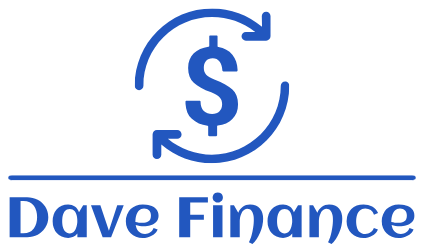As Venezuela plans to ramp up its use of cryptocurrencies for oil transactions, experts emphasize the need for enhanced regulatory scrutiny. This shift comes in response to the United States ordering a wind-down of oil dealings with Venezuela by May 31, due to renewed sanctions, according to sources speaking with Reuters. It remains uncertain whether U.S. sanctions will specifically target PDVSA’s use of the digital currency Tether starting June 1.
In a related development, a report presented by Venezuelan opposition politician Leopoldo Lopez and expert Kristofer Doucette on Monday highlighted concerns over the potential misuse of cryptocurrencies by Venezuelan President Nicolas Maduro’s administration to funnel illicit proceeds into the global financial system. The report urges democratic governments to counter such efforts and recommends the establishment of structures to combat this type of money laundering.
Doucette, a national security leader at Chainalysis in New York, advocates for robust mechanisms to ensure safe cryptocurrency transactions. This sentiment was echoed during a conference at the Wilson Center in Washington, where Doucette and Sigal Mandelker, a former U.S. Treasury Department lawyer, discussed the need for increased U.S. regulation and international cooperation to bolster supervision of digital transactions.
This focus on regulation comes amid rapid advancements in digital transaction technology, which has significantly expanded in regions like Latin America and Africa, providing financial services to those previously excluded from the banking system. However, the rapid adoption of this technology by some governments poses challenges in preventing fraud, highlighting the urgent need for effective oversight.

